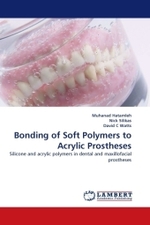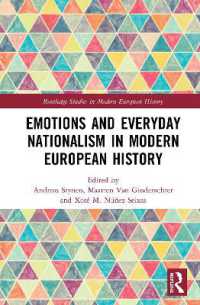- ホーム
- > 洋書
- > 英文書
- > Politics / International Relations
Full Description
Anti-Catholicism forms part of the dynamics of Northern Ireland's conflict and is critical to the self-defining identity of certain Protestants. However, anti-Catholicism is as much a sociology process as a theological dispute. It was given a Scriptural underpinning in the history of Protestant Catholic relations in Ireland, and wider British Irish relations, in order to reinforce social divisions between the religious communities and to offer a deterministic belief system to justify them. The book examines the socio-economic and political processes that have led to theology being used in social closure and stratification between the 17th century and the present day.;The text is for courses on history (Irish history, history of Northern Ireland, history of religion); politics (British politics, Irish politics); Northern Ireland; conflict studies; peace studies; sociology (sociology of religion, race and ethnic conflict); Irish studies; and religious studies.








